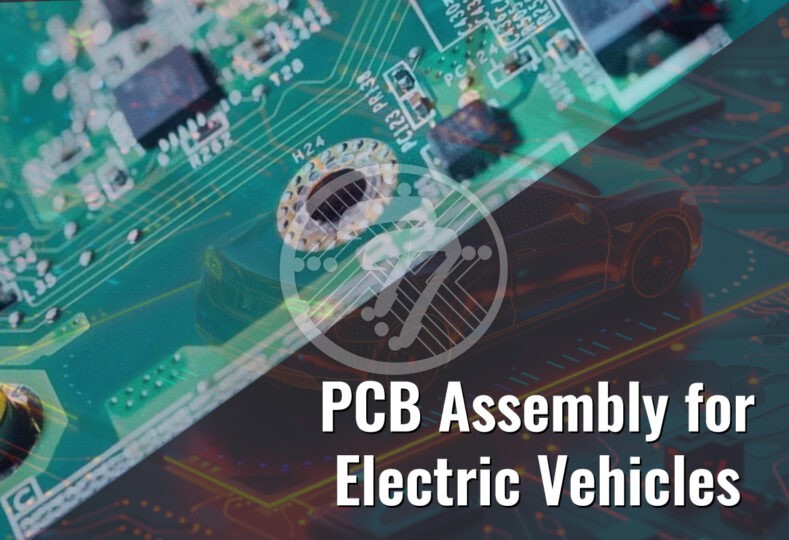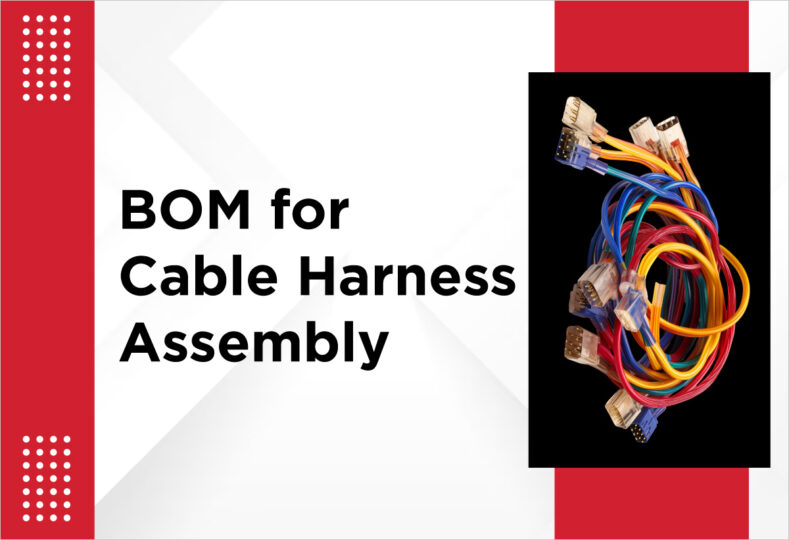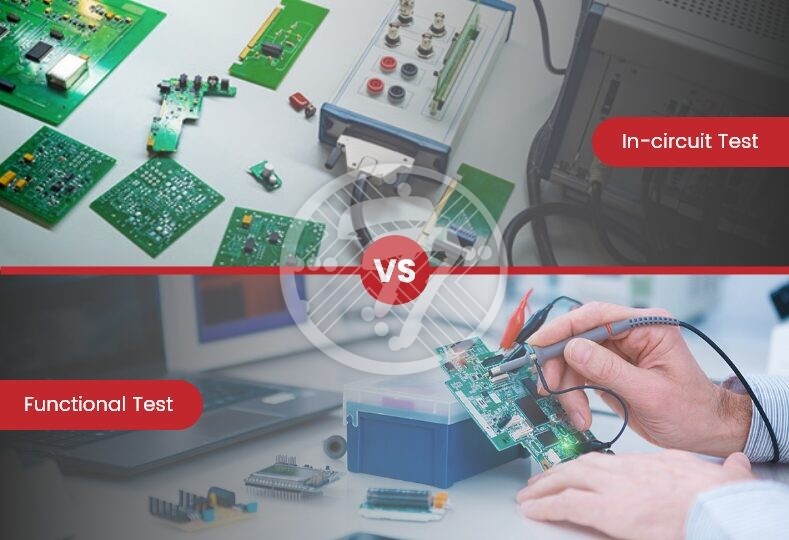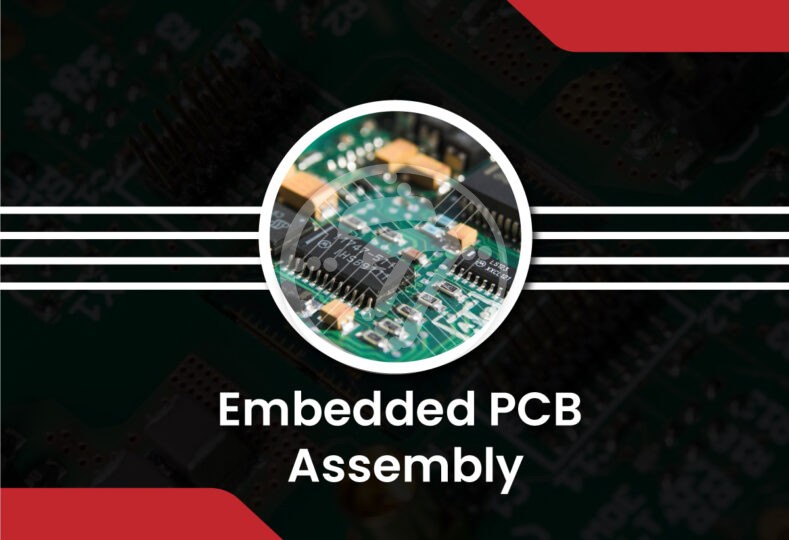PCB assembly for electric vehicles: Meeting the growing demand for high-performance electronics!

The electric vehicle (EV) market is experiencing unprecedented growth, driven by a global push toward sustainable transportation and the urgent need to reduce carbon emissions. Central to the performance and reliability of EVs are the electronic systems that control everything from battery management to infotainment. At the heart of these systems are printed circuit boards (PCBs), which play a crucial role in ensuring the efficient operation of EVs. This article explores the importance of PCB assembly in electric vehicles and how manufacturers are rising to meet the growing demand for high-performance electronics.
The Role of PCBs in Electric Vehicles
PCBs are the backbone of electronic devices, providing the physical platform for mounting and interconnecting various electronic components. In electric vehicles, PCBs are used in a wide range of applications, including:
- Battery Management Systems (BMS): The BMS monitors and manages the state of the battery, ensuring optimal performance and safety. This system involves complex circuitry that requires high-quality PCBs to handle power and data signals efficiently.
- Power Electronics: These include inverters, converters, and chargers that manage the flow of electricity between the battery and the motor. High-performance PCBs are essential for handling the high currents and voltages involved.
- Infotainment Systems: Modern EVs are equipped with advanced infotainment systems providing navigation, entertainment, and connectivity features. These systems rely on PCBs to integrate various functions seamlessly.
- Advanced Driver Assistance Systems (ADAS): Technologies such as adaptive cruise control, lane-keeping assist, and collision avoidance require reliable PCBs to process data from sensors and cameras in real-time.
Challenges in PCB Assembly for EVs
The assembly of PCBs for electric vehicles presents several unique challenges:
- Thermal Management: EVs generate significant heat, especially within power electronics like inverters, converters, and motor controllers. Effective thermal management is crucial to prevent overheating, which can lead to component failure or reduced efficiency. Manufacturers must use materials with high thermal conductivity, such as copper and aluminum substrates, to dissipate heat efficiently. Advanced cooling techniques, including heat sinks, thermal vias, and liquid cooling systems, are also employed to maintain optimal temperatures. Additionally, managing the thermal expansion coefficients between different materials is critical to prevent stress and damage during temperature fluctuations.
- High Reliability: Electric vehicles often operate in challenging environments that involve vibrations, rapid temperature changes, humidity, and exposure to dust and contaminants. These harsh conditions demand that PCBs are highly reliable and durable. To meet these requirements, manufacturers must follow strict quality standards such as IPC-A-600 for PCB fabrication and IPC-A-610 for assembly. Advanced protective measures, like conformal coatings and encapsulation, are used to shield sensitive components from moisture and contaminants. Rigorous testing protocols, including temperature cycling, vibration testing, and humidity testing, ensure that the PCBs can withstand the demands of real-world EV applications.
- Miniaturization: As EVs become more compact and feature-rich, there is a growing need for miniaturized PCBs that can fit into smaller spaces without compromising performance. This miniaturization requires advanced manufacturing techniques, such as HDI (High-Density Interconnect) PCBs, which allow for finer traces, microvias, and increased layer counts. Precision engineering ensures that even the smallest components are placed accurately to maintain signal integrity and power distribution. Designers also leverage 3D PCB design software to optimize the layout, reducing the overall footprint while accommodating the necessary functionality.
- High Power Density: The power requirements of EVs are significantly higher than those of conventional vehicles, due to the high energy demands of the battery, motor, and power management systems. PCBs must be designed to handle high power densities, with thicker copper layers and wide traces to support the flow of large currents without overheating. Techniques like impedance matching and careful power plane design are essential to ensure stable power delivery and minimize losses. Effective grounding and shielding methods are also critical to reducing electromagnetic interference (EMI), which can affect the performance of high-power circuits. Additionally, high-power designs require careful consideration of voltage isolation and creepage distances to maintain safety standards, especially in applications where high voltages are present.
- Cost and Scalability: As the EV market grows, manufacturers must balance the need for high-performance PCBs with the pressure to reduce costs and maintain scalability. The production of advanced PCBs can be costly, especially when using high-end materials and sophisticated assembly processes. To achieve cost efficiency, manufacturers often invest in automation, such as automated optical inspection (AOI) and surface mount technology (SMT) pick-and-place machines, to minimize labor costs and improve consistency. However, scaling up production while maintaining quality can be challenging, especially with the rapidly evolving technology landscape in the EV industry. This makes it essential for manufacturers to strike a balance between innovation, cost management, and production scalability.
- Compliance with Industry Standards: EV manufacturers must adhere to a range of industry standards and regulations that govern the design, manufacturing, and testing of electronic components. Standards such as ISO 16750 (environmental conditions and testing for electrical and electronic equipment in road vehicles) and IPC standards for PCBs ensure the safety and performance of the electronics used in EVs. Compliance with these standards can be complex and time-consuming, requiring thorough documentation and validation processes. Manufacturers must stay updated on evolving regulations and adjust their processes to remain compliant, ensuring that their PCBs meet the safety and performance criteria set by automakers and regulatory bodies.
Innovations in PCB Assembly for EVs
To meet the growing demand for high-performance electronics in electric vehicles, manufacturers are adopting several innovative approaches:
- Advanced Materials: The use of advanced materials, such as high-temperature laminates, metal core PCBs, and ceramic substrates, improves thermal management and reliability. These materials can withstand higher temperatures and provide better heat dissipation.
- Automated Assembly Processes: Automation in PCB assembly, including surface mount technology (SMT) and automated optical inspection (AOI), ensures high precision and consistency. This reduces the risk of defects and improves overall quality.
- Flexible PCBs: Flexible PCBs, also known as flex circuits, offer greater design flexibility and can be bent or folded to fit into tight spaces. They are increasingly used in EVs to connect different modules and components, maximizing space efficiency.
- Embedded Components: Embedding passive and active components within the PCB substrate can reduce the overall size and weight of the board. This approach improves electrical performance by minimizing signal loss and interference.
- Advanced Testing and Inspection: Rigorous testing and inspection processes, including X-ray inspection, thermal imaging, and functional testing, are essential to ensure the reliability and performance of PCBs. Manufacturers are investing in advanced testing equipment to detect and address potential issues early in the production process.
The Future of PCB Assembly in Electric Vehicles
The future of PCB assembly for electric vehicles looks promising, with several trends shaping the industry:
- Integration of AI and IoT: The integration of artificial intelligence (AI) and the Internet of Things (IoT) in EVs will drive the demand for more sophisticated PCBs. These technologies require advanced processing capabilities and connectivity, enabled by high-performance PCBs.
- Sustainability: As the EV industry focuses on sustainability, there is a growing emphasis on environmentally friendly PCB manufacturing processes. This includes the use of lead-free solder, recyclable materials, and energy-efficient production methods.
- Customization: The increasing diversity of EV models and applications will drive the demand for customized PCBs. Manufacturers will need to offer tailored solutions to meet the specific requirements of different EV platforms.
- Collaboration and Standardization: Collaboration between automakers, electronics manufacturers, and standards organizations will be crucial in developing industry-wide standards for PCB design and assembly. Standardization will help streamline production processes and ensure compatibility across different systems.
Conclusion
The rapid growth of the electric vehicle market presents both opportunities and challenges for PCB assembly. As the demand for high-performance electronics continues to rise, manufacturers must innovate and adapt to meet the evolving needs of the industry. By leveraging advanced materials, automated processes, and rigorous testing, they can ensure the reliability and efficiency of PCBs in electric vehicles. The future of PCB assembly in EVs is bright, with ongoing advancements promising to drive further improvements in performance, sustainability, and customization.
As we move toward a more electrified future, understanding the role of PCBs will be essential for anyone interested in the EV industry. Staying informed about the latest technologies and trends in PCB assembly can help industry professionals and enthusiasts alike contribute to this exciting and rapidly evolving field.
At Technotronix, we specialize in delivering cutting-edge PCB assembly services tailored for electric vehicles. Our advanced manufacturing capabilities ensure high-performance electronics that meet the rigorous demands of the EV industry. Whether it’s optimizing efficiency or enhancing reliability, we’re here to support your journey towards innovative mobility. Request a PCB assembly quote today to discuss your EV PCB assembly requirements and discover how we can help you stay ahead in the rapidly evolving electric vehicle market.









